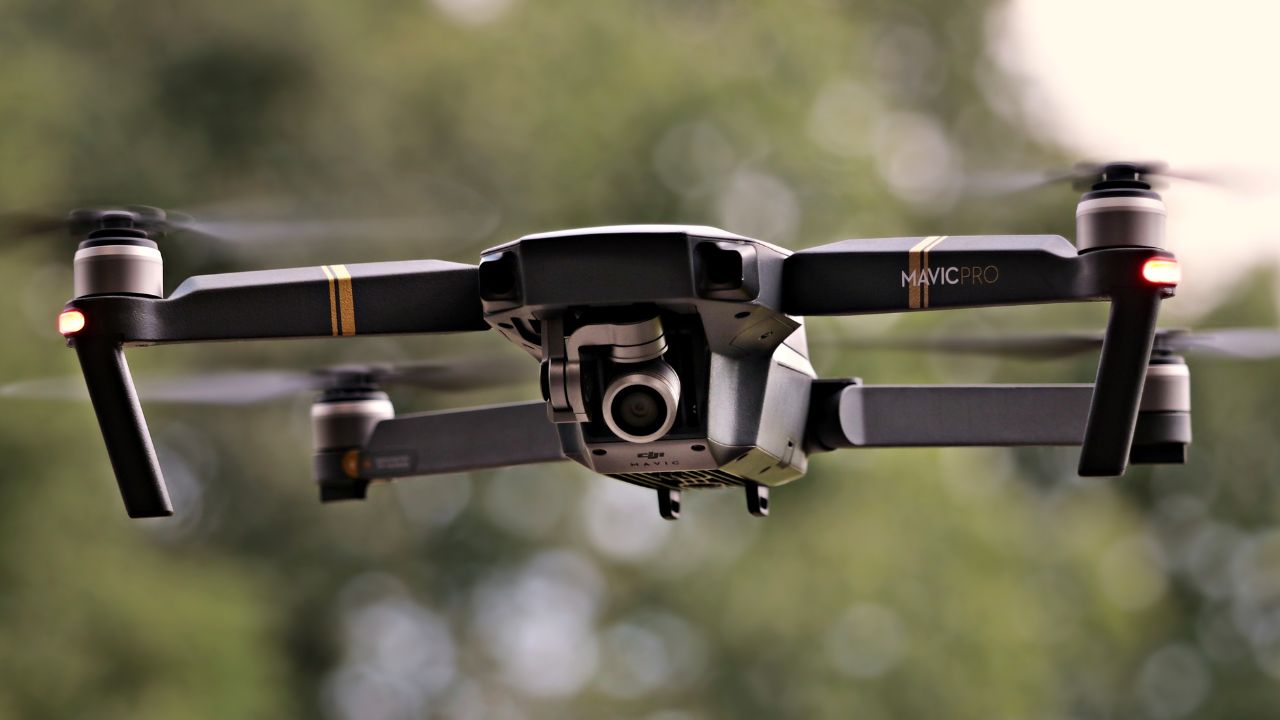Drones: The Fourth Ring of Security That Stops Intruders Before They Step Foot on Your Property


Traditional estate security relies on three rings of defense: the outer perimeter that discourages approach, the controlled entry points that filter access, and the interior detection that alerts once someone is inside. These layers matter—but modern threats require an earlier warning. The fourth ring is aerial: drones that project awareness beyond fences and walls so risk is identified and deterred before it reaches your property line.
Why does an aerial layer change outcomes? Because most incidents begin outside your cameras’ field of view. Intruders conduct reconnaissance from nearby streets and hillsides. Vehicles circle slowly and return at odd intervals. Walkers pause at recurring vantage points. With ground‑based sensors alone, these behaviors are easy to miss. A properly configured drone program extends sightlines over adjacent terrain, confirms whether a parked car is occupied, and tracks movement along access routes. The difference is time—time to verify intent, to dispatch a patrol, to call law enforcement with accurate details, and to prevent a test‑the‑fence moment from becoming a breach.
Drones are flexible in ways fixed cameras cannot be. They reposition to cover blind spots during events, follow service corridors when deliveries stack up, and provide overhead views during gate interactions.
How drones secure properties at night? At night, thermal payloads distinguish people from background heat signatures, allowing rapid detection without floodlights that disturb neighbors.
How drones operate in changing weather conditions? During storms or high winds, policies prioritize safety and fall back to ground coverage; when weather clears, the aerial layer returns to restore early warning.
A strong program blends technology with discipline. WPG designs flight plans that respect privacy and comply with airspace rules, and we staff licensed operators who understand both aviation and protection. We integrate drone video into the estate’s security platform so feeds are recorded, searchable, and shareable with law enforcement when needed. We build alerting logic that focuses on meaningful indicators—loitering time, path repetition, after‑hours presence—so your team responds to signals, not noise.
Deterrence is a feature, not a flaw. When appropriate, a visible aerial response communicates that the property is professionally protected and that reconnaissance will not go unnoticed. Most criminals prefer easy targets. Seeing a drone launch, reposition, and observe from altitude is often enough to end interest. For persistent issues, we document plate numbers, clothing, and direction of travel to support intervention.
Drones also enhance safety for trusted people. They provide overwatch for family arrivals, contractor work in remote portions of the property, or staff who must walk to distant outbuildings at night. They help locate hikers who wander onto private land and confirm alarms without sending a person blindly into an unknown. The result is fewer surprises and faster resolution.
The fourth ring does not replace skilled agents; it multiplies their effectiveness. A small team, empowered by aerial awareness and clear procedures, can secure a large estate more reliably than a larger team that relies only on fixed sensors.
That efficiency matters, but the real value is prevention. Stopping problems before they reach your gate protects privacy, preserves calm, and keeps daily life uninterrupted. That is the promise of a modern estate program—and why WPG considers drones essential equipment, not a luxury add‑on.